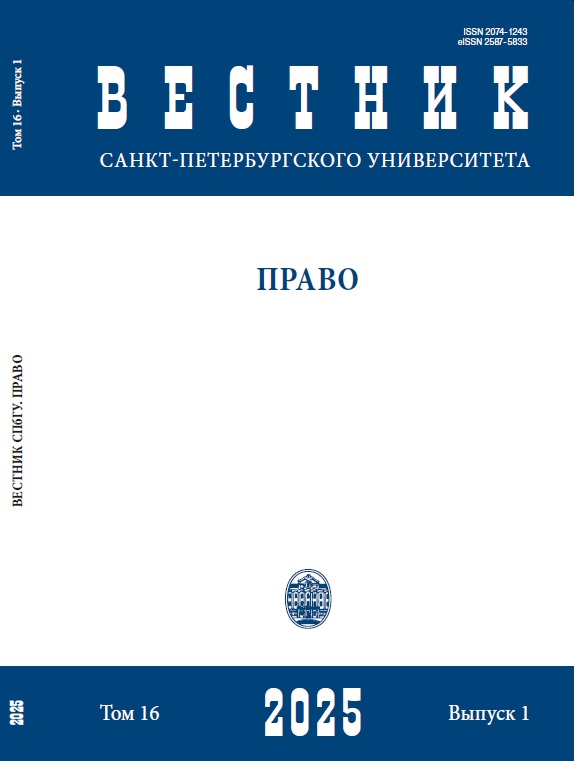The legal need to create a unified normative medical lexicon as a part of the state language of Russia
DOI:
https://doi.org/10.21638/spbu14.2025.102Abstract
The article considers the use of the Russian language as the state language in medicine and
healthcare. A circumstance requiring linguistic accuracy is that medical documents, if necessary,
serve not only medical, but also legal purposes. Based on their previous publications and new research, the authors show that in medicine and healthcare there is no single consistent and equally understood lexicon by all interested parties, which complicates scientific and educational activities in the medical field, creates certain difficulties in the research of forensic medical experts in the production of expert actions. One of the reasons is that medicine, developing, naturally goes beyond the old theories, explains the mechanisms of diseases in a new way, and the established terms remain old, based on an outdated theory. In this article, the
authors discuss the problems of the functioning of the Russian language as the state language in medicine and in healthcare, mainly in relation to various medical documents (medical histories, medical records, medical and legal documents related to cases of medical errors, assessments
of the legal capacity of the subject, etc.). Examples of ambiguous and inaccurate use of biomedical terms in various official documents are given. The arguments in favor of creating a normative explanatory dictionary of medical terms as part of the state language of Russia are presented. This will contribute to unified approaches in the interpretation of complex issues of medical activity and scientific research in medicine related to professional discrepancies.
Keywords:
state language of Russia, professional sublanguage of medicine, medical law,, medical terminology, healthcare, linguistic accuracy, medical documents
Downloads
References
Downloads
Published
How to Cite
Issue
Section
License
Articles of "Vestnik of Saint Petersburg University. Law" are open access distributed under the terms of the License Agreement with Saint Petersburg State University, which permits to the authors unrestricted distribution and self-archiving free of charge.






